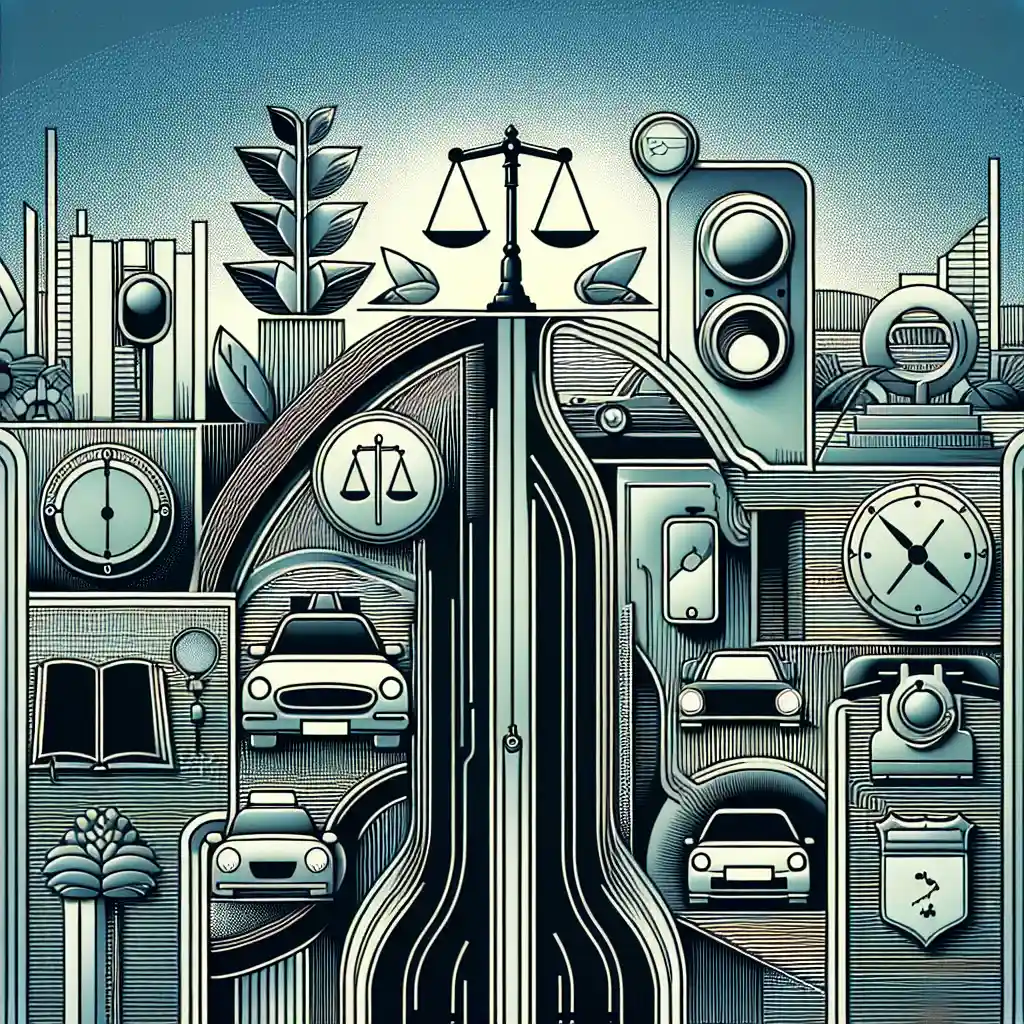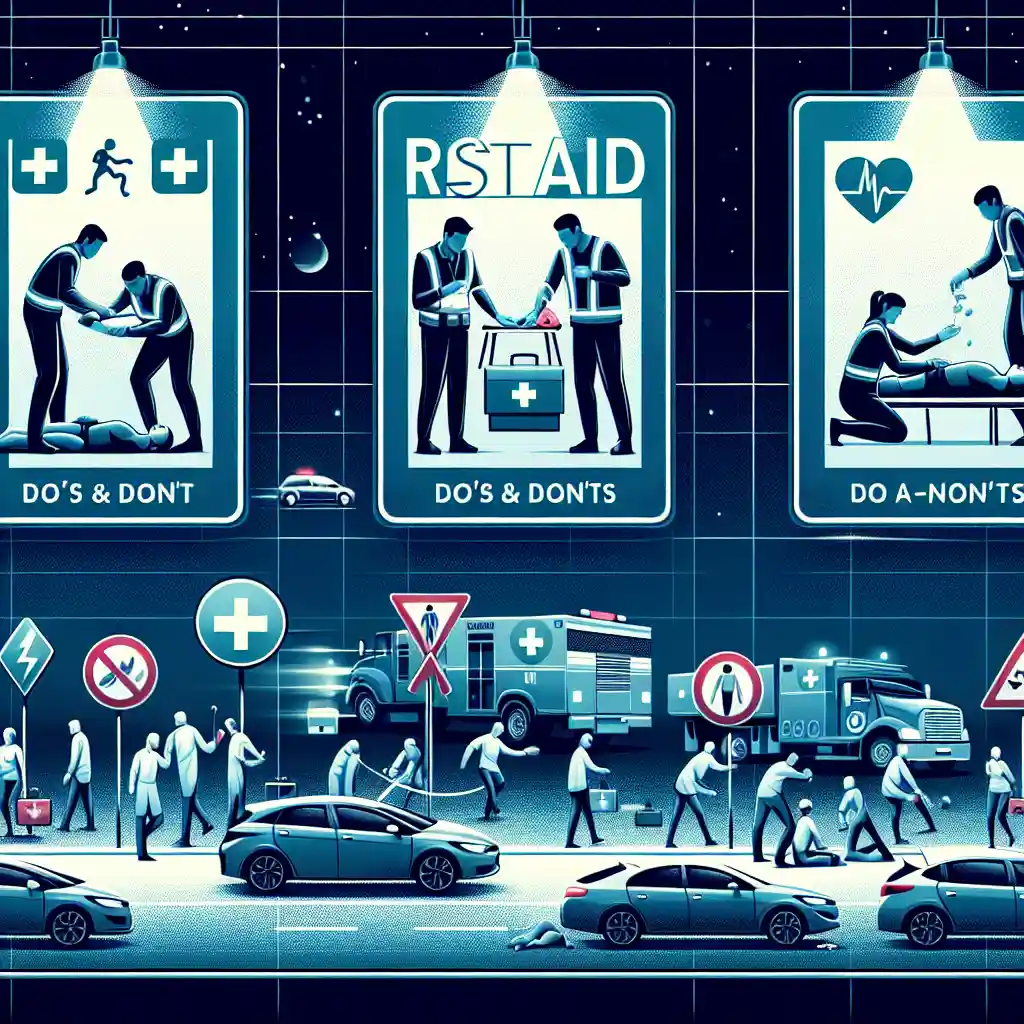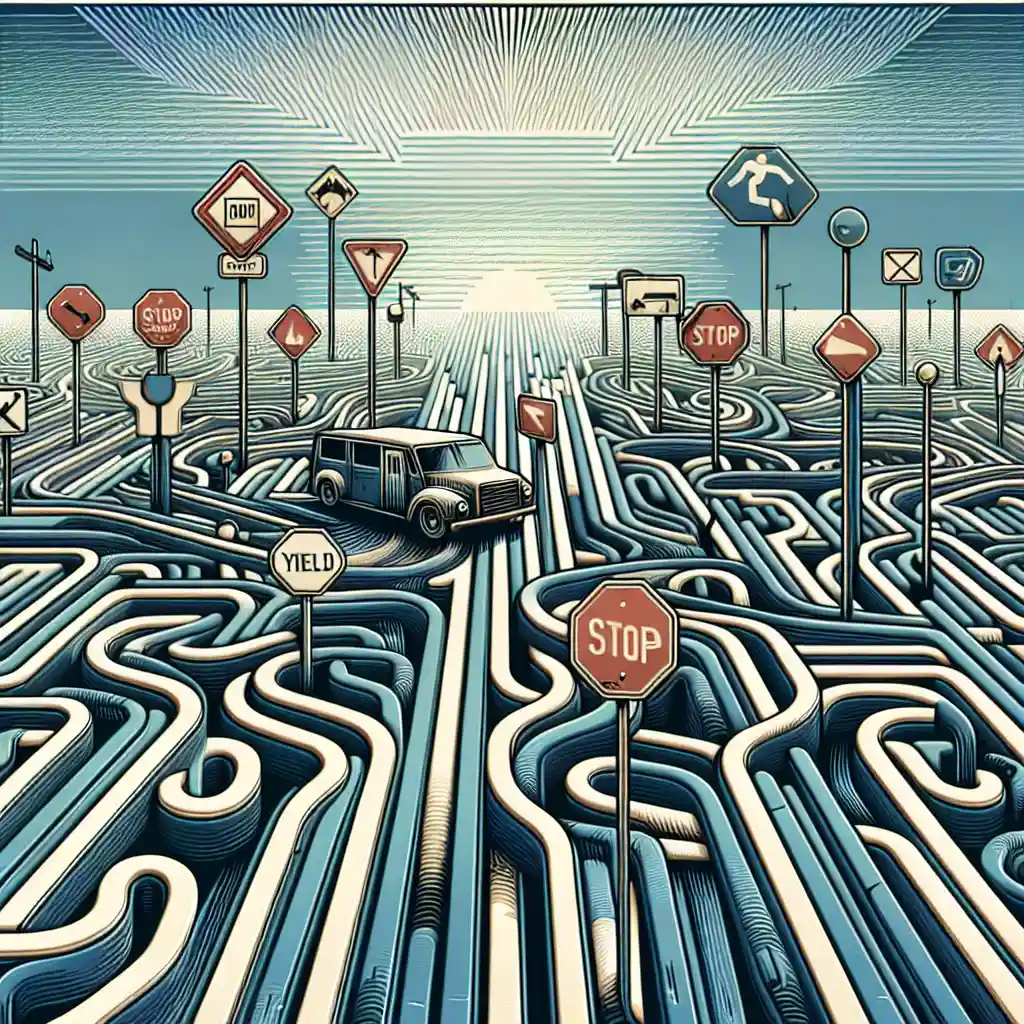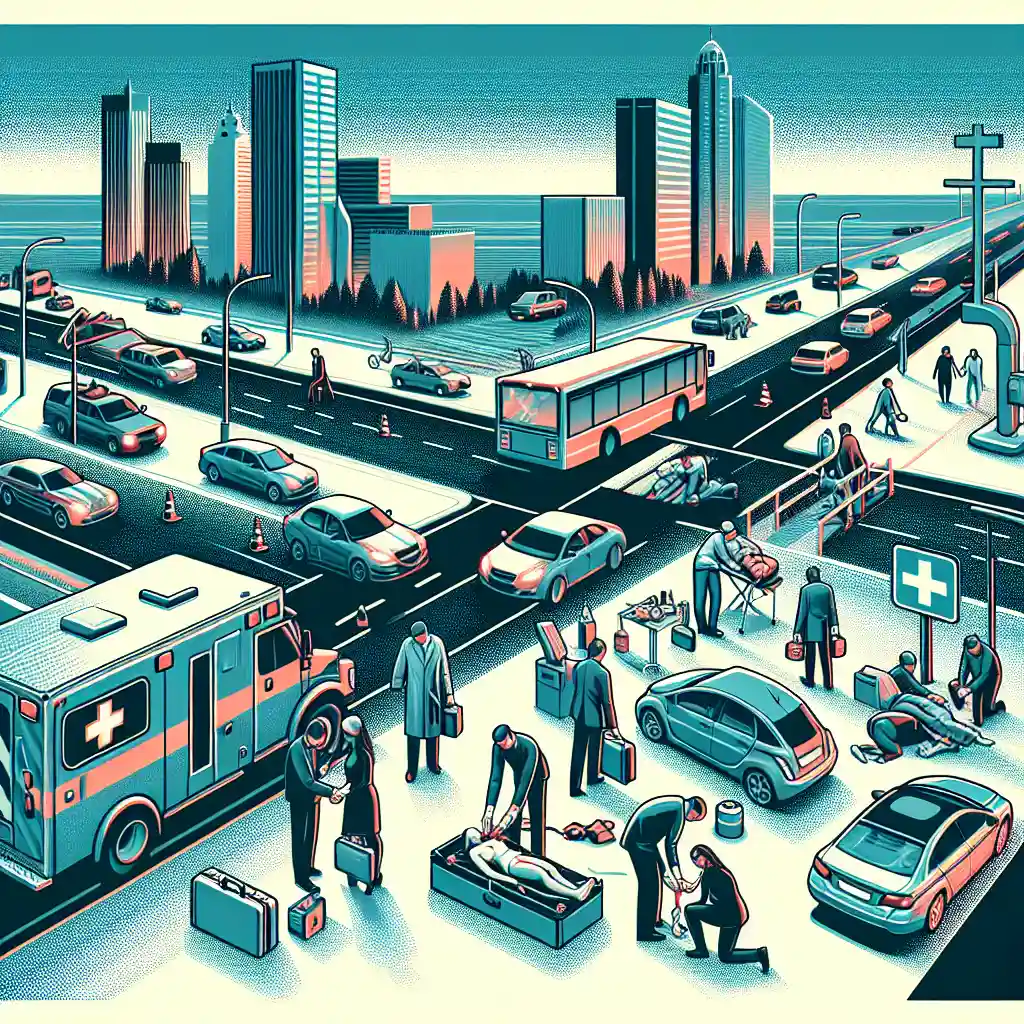Stay Calm and Safe: Managing Anxiety After a Traffic Accident
Experiencing a traffic accident can be a harrowing ordeal, and it's natural to feel overwhelmed by anxiety and emotional distress in its aftermath. Taking care of your mental well-being is crucial for trauma recovery, and adopting effective coping strategies can help you navigate through this challenging period.

Understanding Anxiety Management
Anxiety is a common response after a traumatic event like a traffic accident. It can manifest in various ways, including racing thoughts, restlessness, and trouble concentrating. Managing anxiety involves acknowledging your feelings, seeking support from loved ones, and considering professional help if needed. Remember that it's okay to not be okay and that healing takes time.
Nurturing Your Emotional Well-being
After a traffic accident, it's essential to prioritize self-care to nurture your emotional well-being. Engage in activities that bring you comfort and relaxation, such as meditation, journaling, or spending time in nature. Practice self-compassion and be gentle with yourself as you navigate through feelings of fear and uncertainty.
Practicing Trauma Recovery Techniques
Trauma recovery is a gradual process that requires patience and persistence. Consider exploring trauma-focused therapy, such as cognitive-behavioral therapy or Eye Movement Desensitization and Reprocessing (EMDR). These techniques can help you process the traumatic event and develop healthy coping mechanisms to manage anxiety and intrusive thoughts.
Implementing Coping Strategies
Incorporating coping strategies into your daily routine can provide you with a sense of control and stability. Establish a support network of friends and family members who can offer emotional support and practical assistance. Engage in physical activity, such as yoga or jogging, to release pent-up tension and improve your overall well-being.
Seeking Professional Guidance
If your anxiety persists and significantly impacts your daily life, don't hesitate to seek professional guidance. A mental health professional, such as a therapist or counselor, can help you navigate through complex emotions and develop tailored strategies for anxiety management. Remember that asking for help is a sign of strength, not weakness.
Embracing Healing and Growth
As you journey through managing anxiety after a traffic accident, remember that healing is a nonlinear process. Embrace the ups and downs, setbacks, and victories along the way. Allow yourself the space to grieve the loss of normalcy and gradually embrace a sense of healing and growth. Reflect on the valuable lessons learned from this experience and how it has enriched your resilience and inner strength.
Stay committed to prioritizing your mental well-being and implementing healthy coping strategies as you navigate through anxiety after a traffic accident. Remember, you are not alone, and with time and support, you can emerge stronger from this challenging period.



























